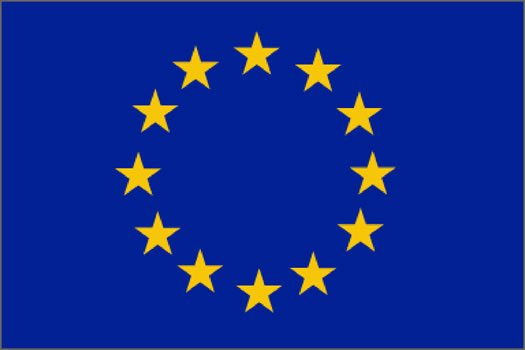The European Union has unveiled a €1.9 billion humanitarian aid package for 2025, with €510 million specifically allocated for Nigeria and other sub-Saharan African countries.
In a statement on Thursday, the European Commission highlighted that the funds would be directed toward addressing crises in West and Central Africa, the Sahel, the Lake Chad Basin, North-West Nigeria, Central Africa, the Great Lakes region, and the Greater Horn of Africa.
This assistance comes in response to the anticipated rise in global humanitarian needs, projected to affect over 300 million people worldwide in 2025.
Hadja Lahbib, the EU Commissioner for Equality, Preparedness, and Crisis Management, stressed the need for safe and unimpeded access to vulnerable populations, urging adherence to international humanitarian law. “With more than 300 million people needing humanitarian assistance in 2025, the EU is upholding its commitment to help those most in need as a leading humanitarian aid donor,” Lahbib said.
The EU’s funding will support partners, including UN agencies, the Red Cross/Red Crescent, and both international and local organizations, in delivering life-saving assistance.
In addition to sub-Saharan Africa, other regions will benefit from the package:
- Middle East and North Africa: €470m (€375m for the Middle East, with a focus on Gaza, and €95m for North Africa and Yemen).
- Ukraine and Moldova: €148m (€140m for Ukraine and €8m for Moldova).
- Latin America and the Caribbean: €113m to address crises in Venezuela, Colombia, Haiti, and others.
- Asia and the Pacific: €182m for the Myanmar crisis, Bangladesh, and Afghanistan.
- Southern Africa, Indian Ocean, Southern Caucasus, and Central Asia: €40m.
Additionally, €295m has been reserved for unforeseen emergencies, while €110m will fund innovative projects and capacity-building initiatives.
Since 1992, the EU has provided humanitarian aid to over 110 countries through partnerships with UN agencies, the Red Cross/Red Crescent, and local organizations, reaffirming its role as a global leader in humanitarian response.
























